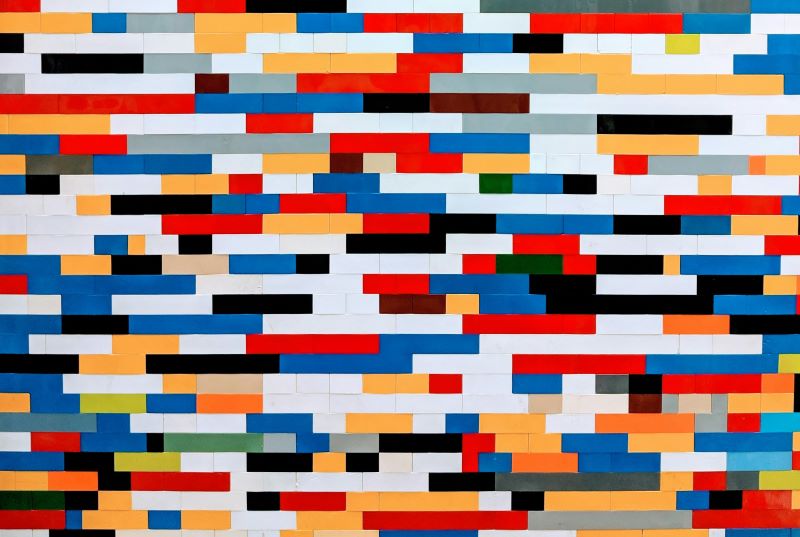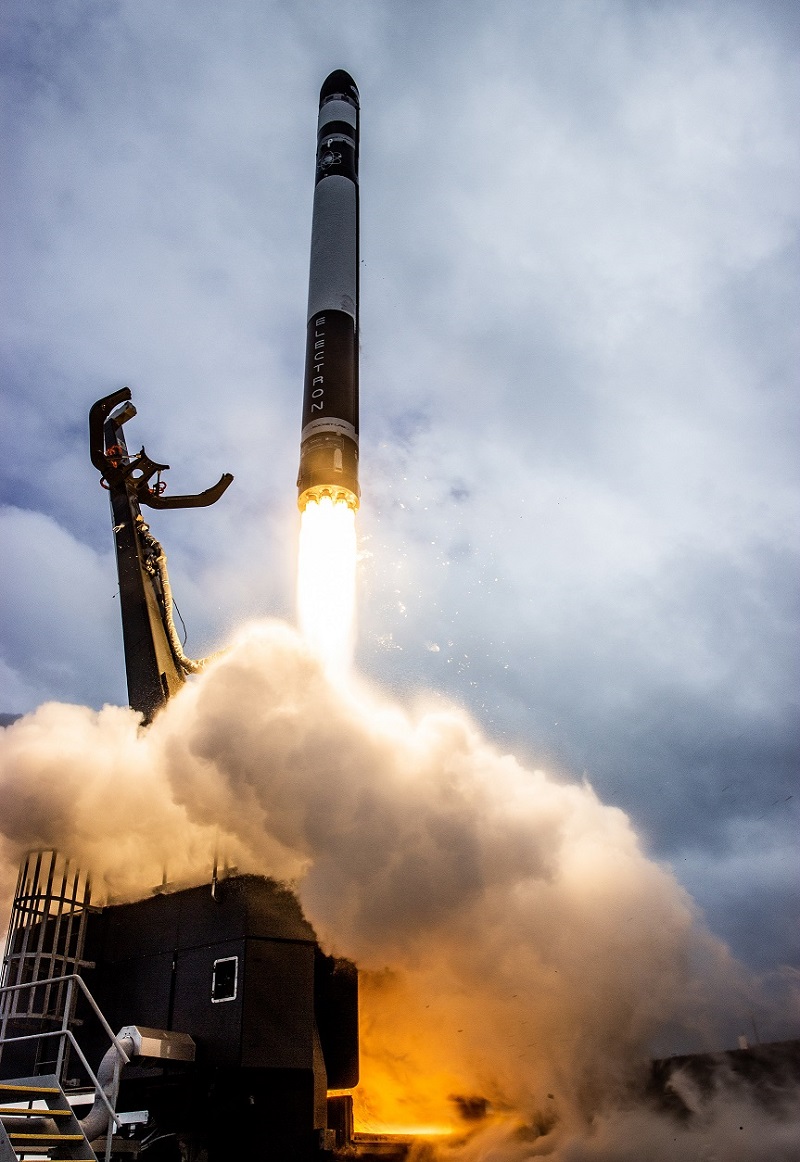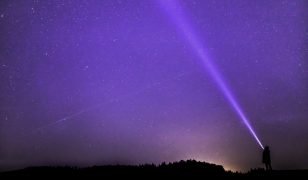A Rocket Lab Electron launch vehicle successfully lifted off from Launch Complex 1 on New Zealand’s Mahia Peninsula at 23:27, March 28th UTC (12:27, 29 March NZDT). The mission launched a prototype reflect array antenna to orbit for the Defense Advanced Research Projects Agency (DARPA), Huntington Beach, CA-based Rocket Lab announced March 28.
“Congratulations to our dedicated team for delivering another important and innovative asset to space – on time and on target. The unique requirements of this mission made Electron the perfect launch vehicle to lift R3D2 as a dedicated payload to a highly precise orbit,” said Rocket Lab founder and CEO Peter Beck. “Thank you to our mission partners. We look forward to continuing to provide frequent, reliable and rapidly-acquired launch services for innovative small satellites.”
DARPA’s R3D2 (Radio Frequency Risk Reduction Deployment Demonstration) spacecraft intends to space-qualify a prototype reflect array antenna to improve radio communications in small spacecraft. The 150kg spacecraft carried an antenna, made of a tissue-thin Kapton membrane, designed to pack tightly inside the small satellite for stowage during launch, before deploying to its full size of 2.25 meters in diameter in low Earth orbit. The design is intended to provide significant capability, typical of large spacecraft, in a much smaller package. The mission could lay the groundwork for a space-based internet by helping to validate emerging concepts for a resilient sensor and data transport layer in low Earth orbit – a capability that does not exist today.
Rocket Lab was selected for the launch because of the company’s proven mission heritage and its ability support rapid acquisition of small satellite launch capabilities, the company said. Due to Rocket Lab’s streamlined acquisition practices, DARPA’s R3D2 mission was launched just over 18 months from conception – a significant reduction in traditional government launch acquisition timeframes.
Source: Rocket Lab








